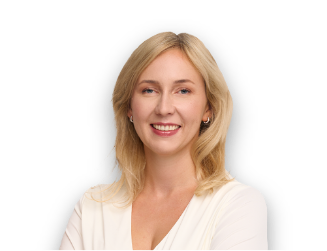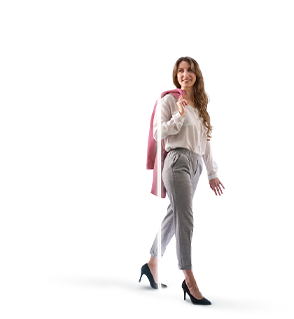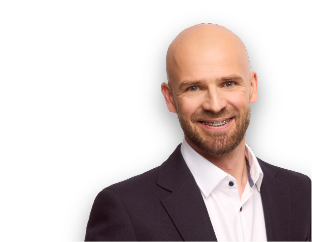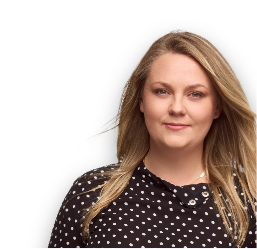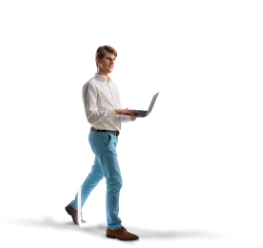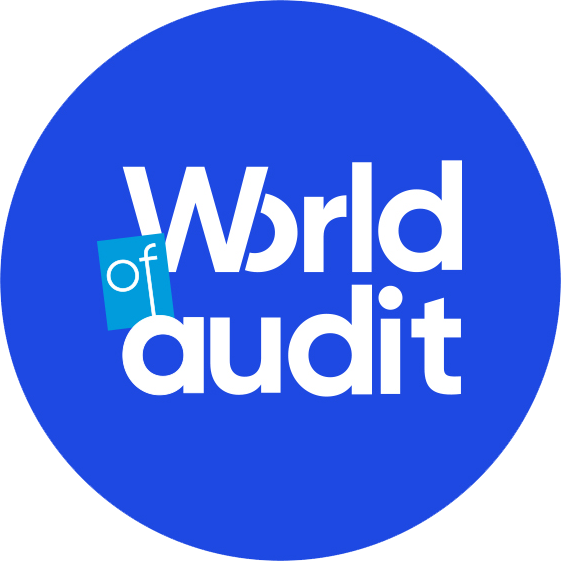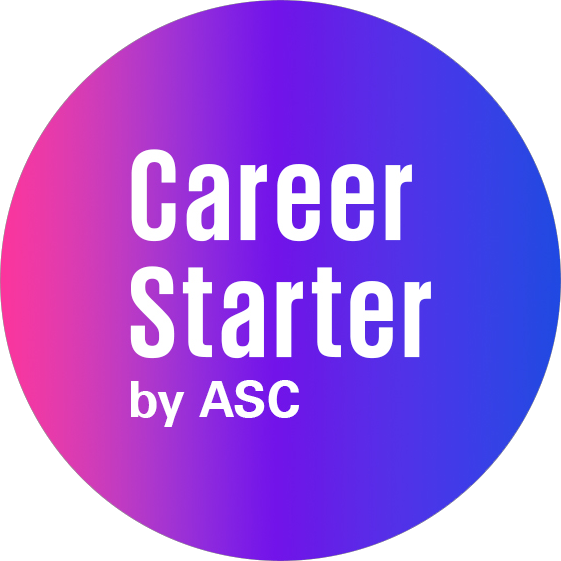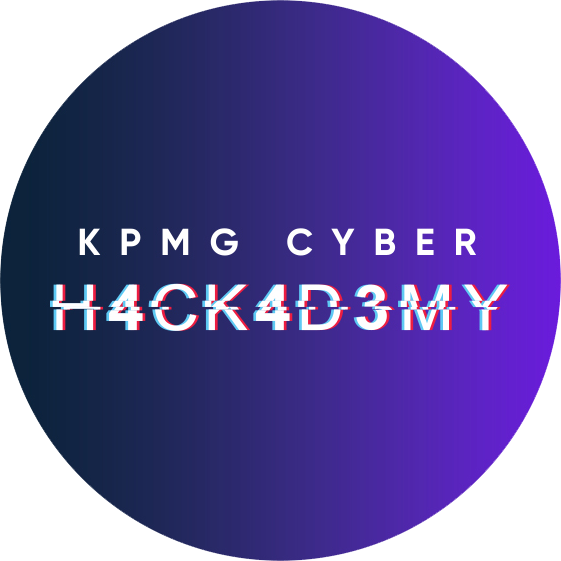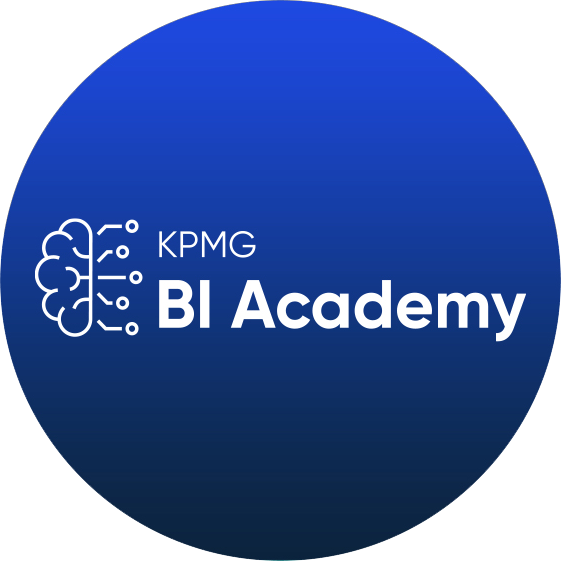Generation KPMG
We are an international network of auditing and consulting companies in 138 countries. We specialize in audit, tax, legal, business, transaction and accounting advisory. Experts from various areas of IT and new technologies work in 13 technology teams.
In everyday work, the most important are people who build the quality of services and a unique organizational culture with their knowledge, experience and attitude. We create a workplace where employees can fully develop and realize their potential.

